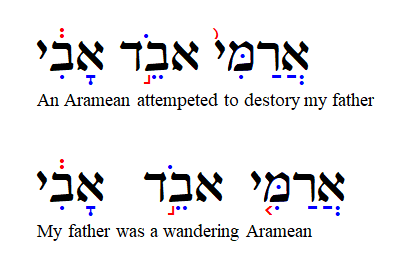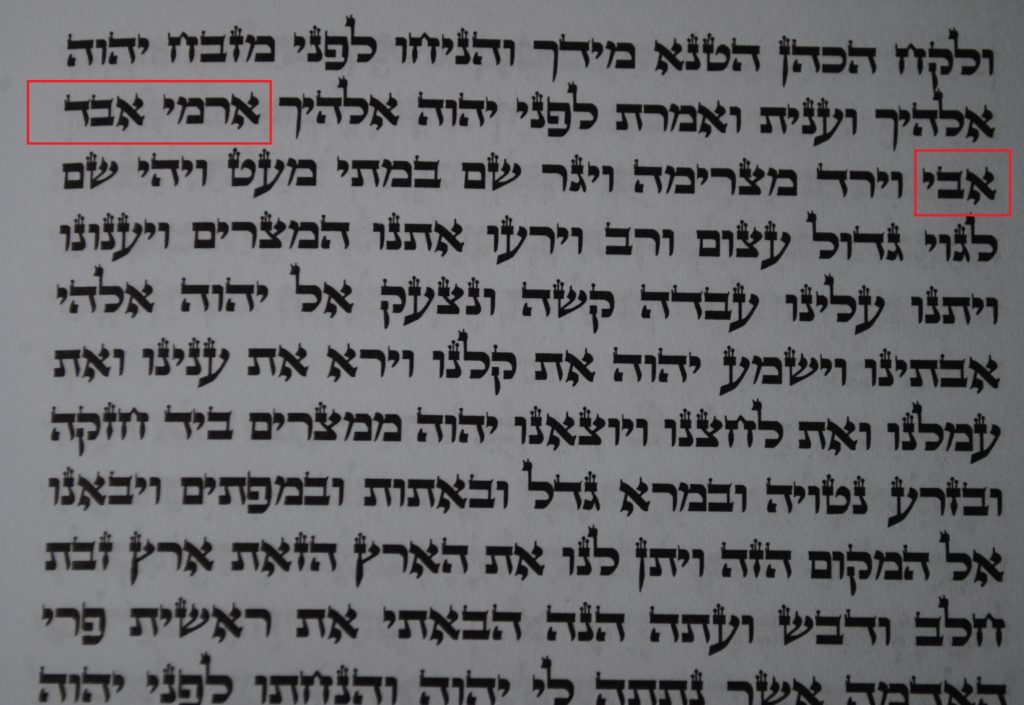Zwinglius redivivus does it again! If you haven’t checked out his blog I highly recommend you do for you will find intriguing quotes like the following one there as well as the best of the ancient and modern:
“How can a preacher know theology, if he is ignorant of Hebrew, Greek and Latin?”- Sir Thomas More
via Quote of the Decade — Zwinglius Redivivus
My Opinion: In an idealistic world and under idealistic conditions all pulpit preachers should be instructed in Biblical languages as well as Latin (and maybe theological German), however, this simply is not a possibility at least not in the typical seminary (graduate school of theology / Divinity School/preachers school) due to the time constraints of imposed by the programs and or the curriculums not to mention individuals’ dispositions. Of course one can study on their own, or outside of a theological program should one desire to.
I would, however, say that it is much more of a priority for a preacher or a missionary to know the culture and the language of the intended audience or the congregation at large unless, of course, the preacher/missionary has a dedicated interpreter. I am pleased to say that in my very limited experience here in Japan all of the foreign preachers I have met have been fluent in modern Japanese to at least an upper-intermediate level, if not an advance one!

